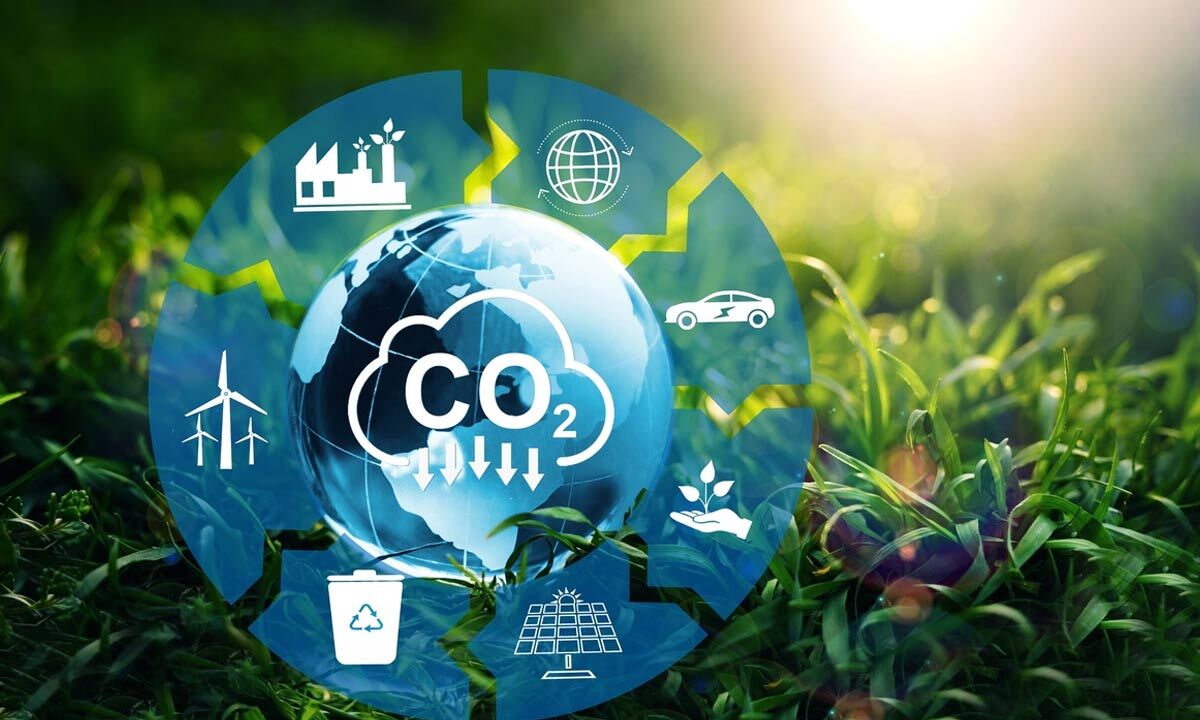Electrochemical CO₂ Reduction Catalysts
Synthetic Biology
Mallu T
Patented catalysts that convert carbon dioxide into useful chemicals using electricity.
The patented catalysts in question utilize an electrochemical process to convert carbon dioxide (CO2) into valuable chemicals, such as formic acid, methanol, or carbon monoxide, through the application of electricity. This technology leverages a unique combination of materials and design to enhance the efficiency and selectivity of the CO2 conversion process. At the heart of this innovation are the catalysts themselves, which are typically made from earth-abundant metals or metal oxides. These materials are engineered to possess specific properties that optimize their interaction with CO2 and the electrical current. The catalysts often feature a high surface area, which increases the number of active sites available for CO2 adsorption and reduction. The electrochemical process involves the use of an electrolyzer, where the catalyst is deposited on an electrode. When an electric potential is applied, CO2 is reduced at the cathode (negatively charged electrode), while water or other species are oxidized at the anode (positively charged electrode). The catalysts play a crucial role in lowering the overpotential required for CO2 reduction, thereby improving the overall energy efficiency of the process.The selectivity of the catalysts towards specific products is another critical aspect of this technology. By tailoring the catalyst composition and structure, it is possible to favor the production of desired chemicals over others. For instance, some catalysts may be optimized for the production of formic acid, which has applications in the chemical industry, while others may target the synthesis of methanol, a potential fuel or intermediate for chemical synthesis. The implications of this technology are significant, as it offers a promising route for the utilization of CO2, a major greenhouse gas, and the production of valuable chemicals using renewable electricity. This could contribute to the development of more sustainable chemical synthesis pathways and help mitigate climate change by reducing CO2 emissions.
Carbon capture and utilization technology for industrial applications, enabling companies to reduce their carbon footprint while generating valuable chemicals
Electrochemical synthesis of fuels, chemicals, and materials from CO2, offering a promising approach for sustainable energy storage and conversion
Advanced carbon recycling systems for transforming CO2 into high-value chemicals, fuels, and building blocks for polymers, supporting a circular economy
Novel electrochemical reactors and systems for scalable and efficient conversion of CO2 into chemicals, fuels, and power, targeting industrial and transportation sectors
Sustainable production of chemicals, such as formic acid, methanol, and syngas, using renewable energy sources and patented catalysts, reducing dependence on fossil fuels
Carbon dioxide conversion technologies for environmental remediation, enabling the transformation of CO2 into useful products while mitigating climate change
Electrochemical carbon capture and utilization systems for natural gas and biogas processing, improving energy efficiency and reducing emissions
Innovative approaches for synthesizing high-performance materials, such as nanomaterials and advanced polymers, from CO2-derived chemicals, driving advancements in various industries

World Economic Forum
Proposal
View Patent